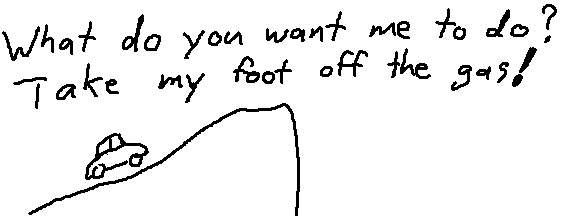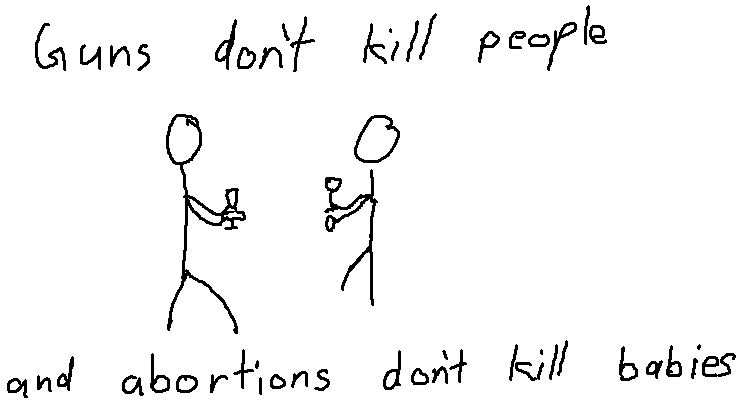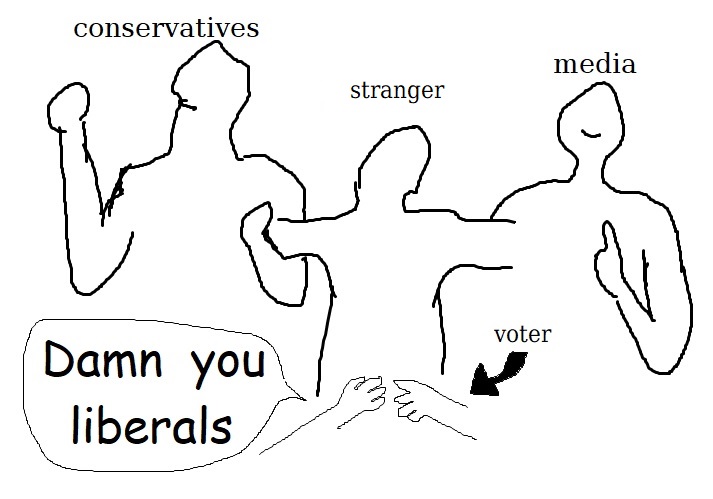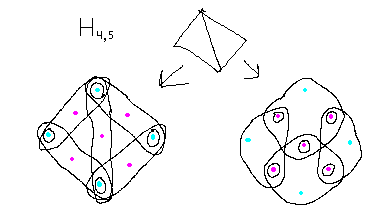my programming language
ethics
society

You are what you believe
mourning
the last gift
What makes a scapegoat successful?
two party system
both sides: American slang for a desperate desire for belonging expressed by defaming honorable persons
gentleman's four letter word
blaming the victim is fun how has the American dream come to this?

love of truth
Be yourself: cruelest of the ___ yourselfs
paint the wall
small government, little justice
conservative justice

philosophy of math
A lot of mathematics is about proving theorems, but when a statement cannot be proven true or false we have the opportunity to better understand mathematics. I feel that we, unfortunately, do not take advantage of those opportunities. As our understanding of mathematics grows, we may ask more questions that land on the boundary of what we can know. I expect that it will only become more important to grapple with logical independence.
my best lesson
modern math is silly
meta-mathematics
undefinability and incompleteness some examples
Cantor's legacy
Forgetlessness
the difficulty of proofs of the difficulty of problems
topology is connectedness and locality Do topologists really run around daycare facilities slapping the hands of children for poking holes in silly putty or rolling together more than one piece of play dough?

Are choice functions misnamed?
for permutaion's sake
dovetailing diagonalization a hint on diagnolization
PNP here! more:
older
counting depth first search run-times,
dfs_times.csv,
graph_stuff.py
the algebra of Hamiltonians: lattices in one direction, trees in the other
encapsulation protocol provide isolation as a service
computably approximatizable a better name for co-RE / co-CE
measurable sets
other
more stuff
responsible words
software law
block chain for enforcing abstractions limit your attack surface, lower maitenence and running costs



